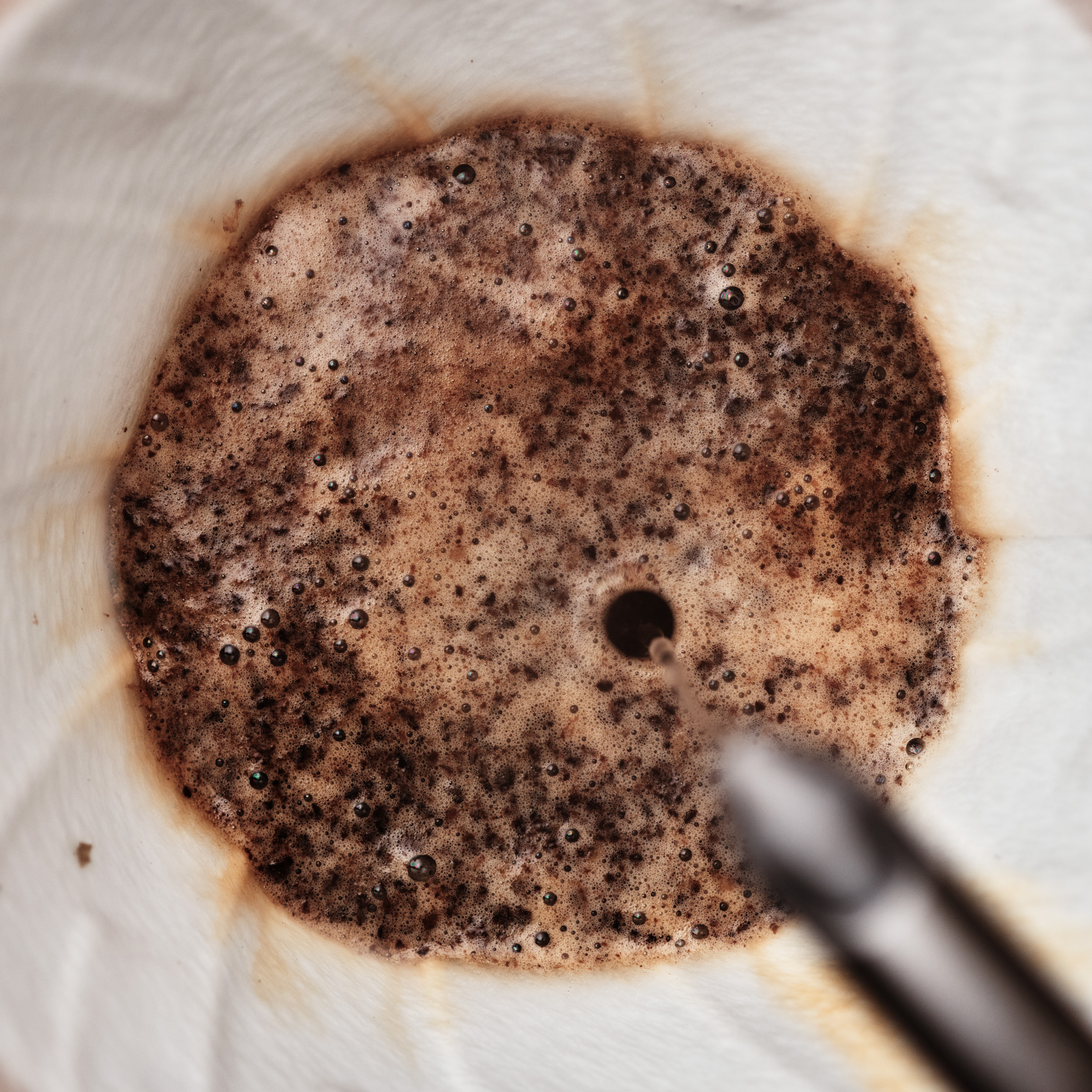The content down below in relation to Can You Put Coffee Grounds in the Sink Garbage Disposal? is particularly intriguing. Check it out yourself and figure out what you think about it.

If you're an avid coffee drinker, you may be wondering about the most effective means to take care of your coffee grounds. While it might seem convenient to clean them down the sink, this practice can cause a number of concerns for both your plumbing and the atmosphere. In this short article, we'll check out whether it's secure to put coffee premises down the sink and talk about alternative disposal methods to take into consideration.
Alternatives to Disposing of Coffee Grounds
Trash Disposal
If you don't have a composting arrangement, one more option is to merely throw your coffee grounds in the garbage. Be sure to secure them in a compostable bag or container to avoid smells and leakage. While this approach doesn't supply the exact same ecological benefits as composting, it's a safe and hassle-free method to throw away coffee grounds.
Composting
One environmentally friendly alternative for dealing with coffee grounds is to compost them. Coffee grounds are rich in nitrogen, making them an outstanding addition to compost piles or containers. As they decompose, they include nutrients to the soil, improving its fertility and appearance.
Threats of Putting Coffee Grounds Down the Sink
Plumbing Issues
One of the primary interest in dealing with coffee grounds down the sink is the risk of obstructing your pipelines. Coffee premises do not dissolve in water and can gather gradually, developing a dense sludge that can block drains pipes and bring about pricey plumbing repair work.
Ecological Impact
Past the prospective damage to your plumbing, placing coffee grounds down the sink can also damage the setting. When cleaned right into the sewage system, coffee grounds can contribute to obstructions in sewage system lines and treatment centers. In addition, the high concentration of organic matter in coffee premises can deplete oxygen levels in waterways, negatively influencing water life.
Tips for Proper Disposal
Regular Maintenance
Despite exactly how you select to dispose of your coffee grounds, it's important to keep your plumbing routinely. Arrange regular drainpipe cleansings to remove any build-up and make sure that your pipelines stay clear and free-flowing.
Use a Sink Strainer
To stop coffee premises from entering your sink's drainpipe to begin with, take into consideration making use of a sink filter. These low-cost gadgets catch strong fragments, including coffee grounds, avoiding them from creating clogs.
Conclusion
While it might be appealing to clean coffee premises down the sink for ease, doing so can have serious repercussions for your plumbing and the setting. Instead, think about composting your coffee premises or throwing away them in the trash. By embracing liable disposal practices, you can appreciate your coffee guilt-free while lessening your environmental footprint.
Coffee Grounds Down The Drain: Are They OK?
Can Coffee Grounds Go Down the Sink?
You may be thinking, “But I pour them down the sink drain every day and I’ve never had a clogged drain!” You see, coffee grounds come from coffee beans, which are virtually rock hard by the time they’re ground and brewed. You certainly wouldn’t want to grind up the pit from a peach, apricot, or nectarine that is about just as hard because they wouldn’t break down like other foods, and it’s the same with coffee beans!
If you usually grind coffee beans in the garbage disposal because it seems the cleanest and convenient, we don’t fault you for that. And anyone who has ever had to clean up the trash with spilled coffee grounds after a dog got into it would understand the rationale. Unfortunately, coffee grounds do not break down in water, so instead of grinding up and washing away as normal foods do in a garbage disposal, they clump together and as time goes by, the grounds can form a clump and pack the drain until it develops a clog.
What to Do With Coffee Grounds
So, what do you do with coffee grounds if you can't put them down the drain? You could of course just throw them in the garbage, but we encourage you to give these practical uses for them a try!
Since coffee grounds contain key minerals for plant growth, you can use them to fertilize your garden. Coffee grounds not only fertilize gardens because they are mineral-rich, but they are also great at absorbing contaminants in the soil, particularly heavy metals. Coffee grounds are said to attract worms, which help gardens flourish. You can use coffee grounds as fertilizer by sprinkling them around your plants. You can compost your coffee grounds and use them at a later time. Coffee grounds are great insect repellents when you place them in bowls or sprinkle them around the areas you want to repel insects. To remove fleas from your dog or cat, simply shampoo your pet then rub coffee grounds throughout their fur. Rinse them off and dry as usual. Like baking soda, used coffee grounds can eliminate odors. You can place them in a bowl in the fridge and let them do the work! Mix coffee grounds with coconut oil for a wonderful face or body scrub, or to reduce the appearance of cellulite. https://www.wintershomeservices.com/blog/2019/august/coffee-grounds-down-the-drain-are-they-ok-/

Do you appreciate reading about What are the consequences of putting coffee grounds? Try leaving a remark below. We would be interested to find out your responses about this blog posting. We hope that you come back again in the future. Sharing is caring. Who knows, you may just be helping someone out. Thanks a bunch for your time. Kindly check our blog back soon.
Request Service